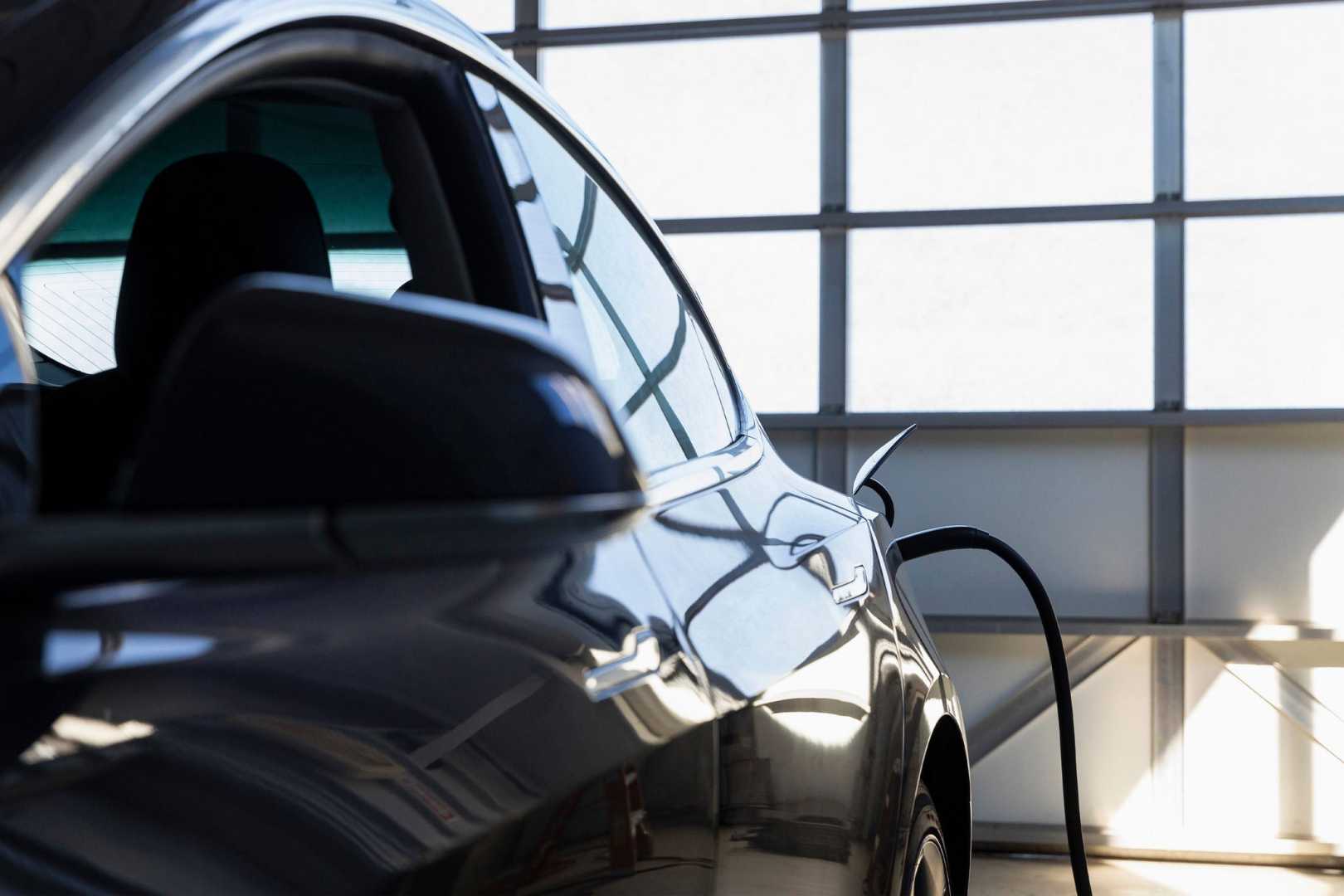News
UK Government Explores Pay-Per-Mile Road Pricing in Wake of EV Transition

The UK Labour Government has reaffirmed its commitment to adhere to its manifesto pledge, advancing the ban on petrol and diesel cars sales by 2030. This development comes amidst speculation and discussions about future road pricing amid the growing transition towards electric vehicles (EVs), a subject recently debated in the House of Lords.
Concerns were expressed by Lord Tony Woodley, a Labour member, regarding the impact of a previously announced delay to 2035 – a decision made by the former Conservative Government under Prime Minister Rishi Sunak. Lord Woodley highlighted the turmoil caused in the automotive industry, where manufacturers had heavily invested to meet the 2030 deadline. He urged continued dialogue with industry bodies, such as The Society of Motor Manufacturers and Traders, to help mitigate job losses and sector disruptions.
Meanwhile, Viscount John Thurso from the Liberal Democrat party emphasized the necessity for a revised taxation model. As the UK vehicle fleet electrifies, traditional fuel duties may become inadequate, pointing towards a shift in how road taxes are levied. Vehicle Excise Duty, which currently imposes a flat rate on drivers, might be replaced by a pay-per-mile system.
Baroness Judith Blake, addressing current taxation methods, noted, “The end date for vehicle tax relief is upcoming, but no further details can be discussed ahead of the Budget.” However, with electric vehicles set to be taxed from April 2025, the Labour Government is reportedly exploring equitable models to promote cleaner vehicle transitions.
The discussion also highlighted alternative fuels, like synthetic and hydrogen, as potential avenues. Baroness Blake acknowledged ongoing trials with hydrogen-fuelled vehicles to diversify zero-emission technologies.
Sir John Armitt, chair of the National Infrastructure Commission (NIC), underscored the fiscal challenges arising from this automotive shift. He remarked on the projected £35 billion tax revenue shortfall due to diminishing reliance on petrol and diesel taxes. “Road pricing is inevitable,” Armitt stated, proposing public debates on this complex issue, even hinting at technology-based methods like numberplate recognition to facilitate such systems.
In parallel, the UK government is preparing for significant infrastructure transformations, with announcements made about forming the National Infrastructure and Service Transformation Authority (NISTA). This body will oversee and manage large-scale projects, potentially funded with private investments. Armitt’s remarks came during an event in Watford, following a declaration by Darren Jones, the Chief Secretary to the Treasury.












